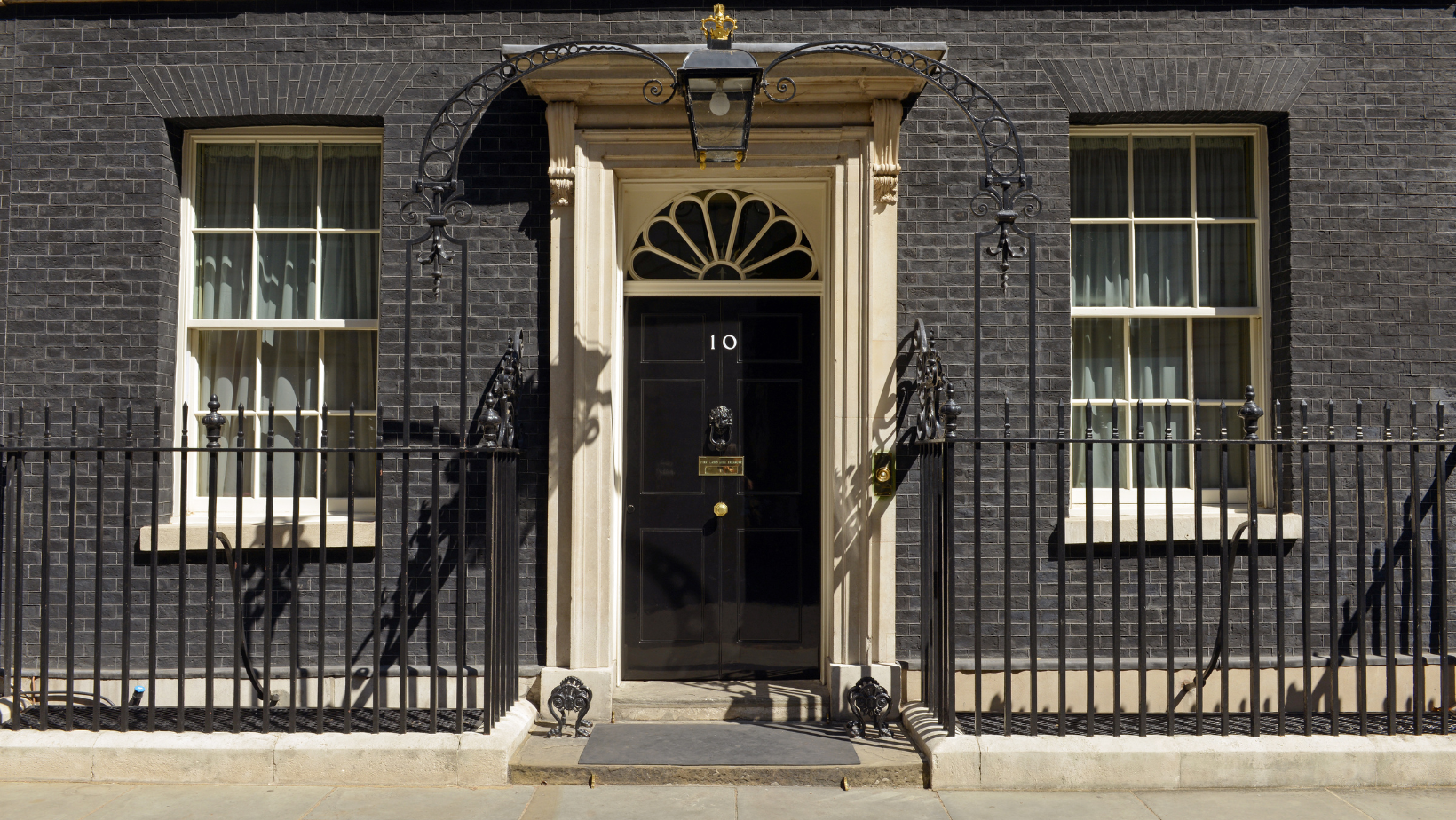The Chancellor unveiled the Government’s Autumn Statement today and announced significant changes to the Capital Gains Tax annual allowance from April 2023.
What is Capital Gains Tax and when is it payable?
Capital Gains Tax is the tax which is payable on profit when you dispose of an asset which has increased in value since you acquired it. Capital Gains Tax is only payable on the increase in value, for example, if you bought a second home for £200,000 and later sold it for £220,000, Capital Gains Tax would be payable on the £20,000 increase in value.
Each tax year, individuals have an annual allowance, and, if the value of the gain made on the disposal of a chargeable asset falls within this annual allowance, there won’t be any Capital Gains Tax to pay.
It does not apply to the sale of a person’s only or main residence as this qualifies for principal private residence relief. Capital Gains Tax is however payable, for example, on gains made on the disposal of:
- Second homes
- Properties of people who have died being sold under a Grant of Probate
- Shares not held in an ISA or PEP
- Most personal possessions
- Business assets
These are known as chargeable assets.
What is a disposal?
Disposing of an asset does not only mean selling it, this also includes:
- Giving it away as a gift
- Swapping it for something else
- Getting compensation for it, for instance insurance proceeds if the asset has been destroyed.
What are the rates of Capital Gains Tax?
The rate of Capital Gains Tax payable depends on whether you are a basic rate taxpayer or a higher and additional rate taxpayer, and also whether the asset being disposed of is residential property or not.
Basic rate taxpayers will pay Capital Gains Tax at a rate of 10% on non-residential property gains and 18% on residential property. Higher and additional rate taxpayers will pay Capital Gains Tax at a rate of 20% on non-residential property gains and 28% on residential property. The rates for higher and additional rate taxpayers also apply to trustees and personal representatives of people who have died.
What are the changes to the annual allowance?
The current annual allowance of £12,300 has been in place from the tax year 2020-21. From April 2023 however, the annual allowance will be reduced by more than half to just £6,000, and from April 2024, this will be halved again to only £3,000.
This is a significant decrease in the amount of gain which people can make on the disposal of a chargeable asset before it becomes subject to Capital Gains Tax.
What does this mean for me?
Once the annual allowance is reduced, significantly less gains will fall within the annual allowance and this will result in more people becoming subject to Capital Gains Tax on their disposals.
If you are making a disposal of a chargeable asset it is important to note that the amount of gain you can make before becoming subject to Capital Gains Tax will be significantly reduced from April 2023, it may therefore be worth considering making disposals earlier to make full use of the current annual allowance of £12,300.
In addition to this, you may need to consider spreading disposals of chargeable assets over different tax years in order to minimise the gain made in any one tax year.
The decreases in the annual allowance also mean that more and more properties sold where the owner has died will be subject to Capital Gains Tax, as, from 2024, any increase in value over £3,000 will be subject to Capital Gains Tax.
More information
For more information please contact our Private Client department here.
This article was written by Jessica Newton, Solicitor in our Private Client Team. The contents of this article are for the purposes of general awareness only. They do not purport to constitute legal or professional advice. Specific legal advice should be taken on each individual matter. This article is based on the law as of November 2022.













